ADHRRF — On October 26, a religious study conference was held in Milan, Italy, which specifically discussed the current religious persecution in China and the escaped Christian refugees’ right to asylum.
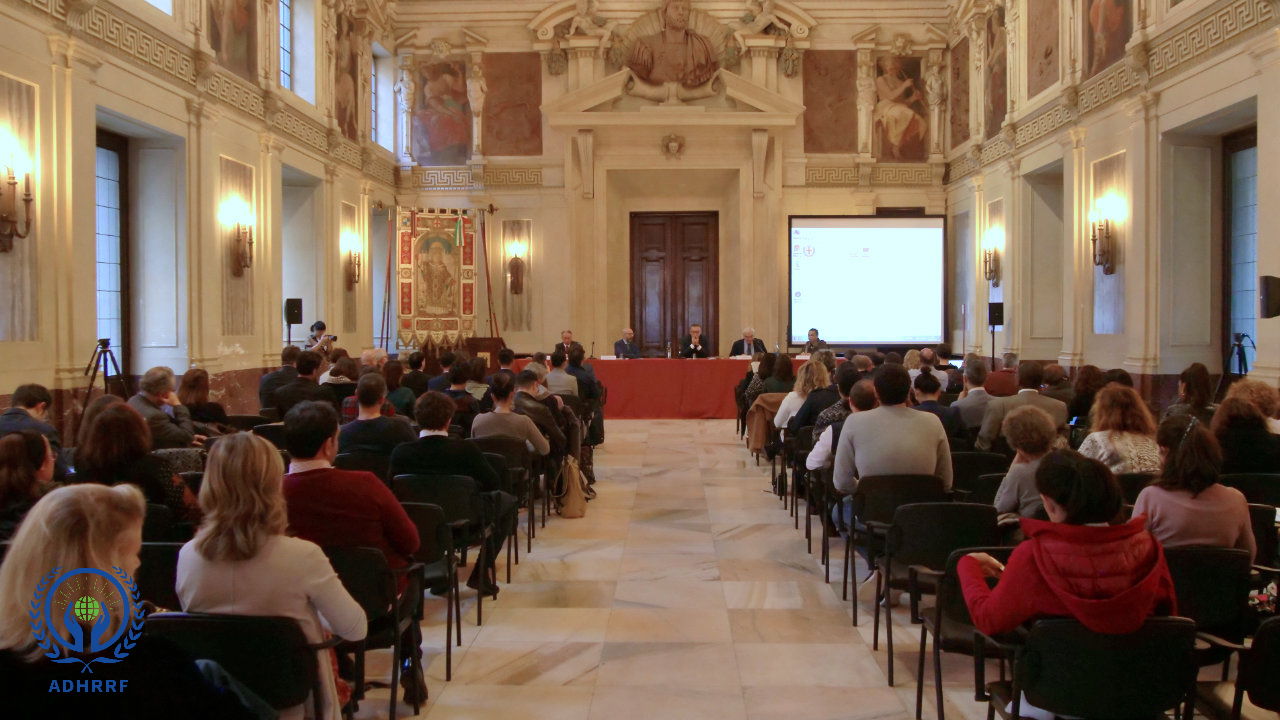
On October 26, a study conference on “Religious Persecution and Right to Asylum” was held at the Marino Palace, the City Hall of Milan, co-organized by the Union of African Communities in Italy, the magazine Bitter Winter and the Center for Studies on New Religions (CESNUR). After two sessions on Italian laws on religious refugees and African asylum seekers in Italy, the third part of the conference was devoted to China with a focus on the persecution of The Church of Almighty God (CAG), a new Christian church, as well as on the asylum application of its members fleeing overseas.
Marco Respinti, director-in-charge of Bitter Winter, who has paid long-term attention to China’s human rights abuses, said that all religions are persecuted in China, but not all are persecuted equally. Groups banned as xie jiao, such as Falun Gong and The Church of Almighty God, are persecuted more mercilessly.
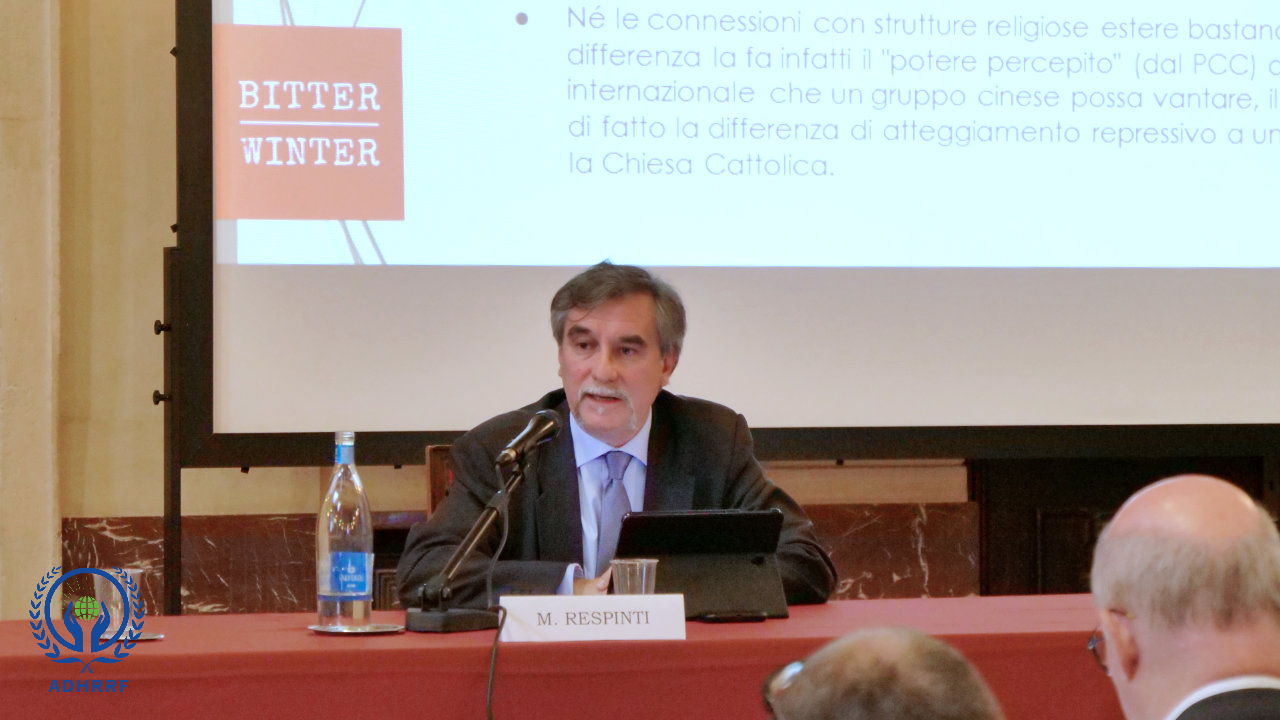
The Church of Almighty God is the largest new religious movement in China. Due to its rapid growth with a large number of followers, the Church is seen as a threat by the CCP and has long since been subjected to its brutal persecution and suppression.
Professor Massimo Introvigne, a prominent Italian scholar of new religious movements and managing director of CESNUR, gave an introduction on the history and theology of the CAG. To restore the truth, he debunked the fake news the CCP produced and spread to discredit the CAG and illustrated its negative effects on the Church internationally.
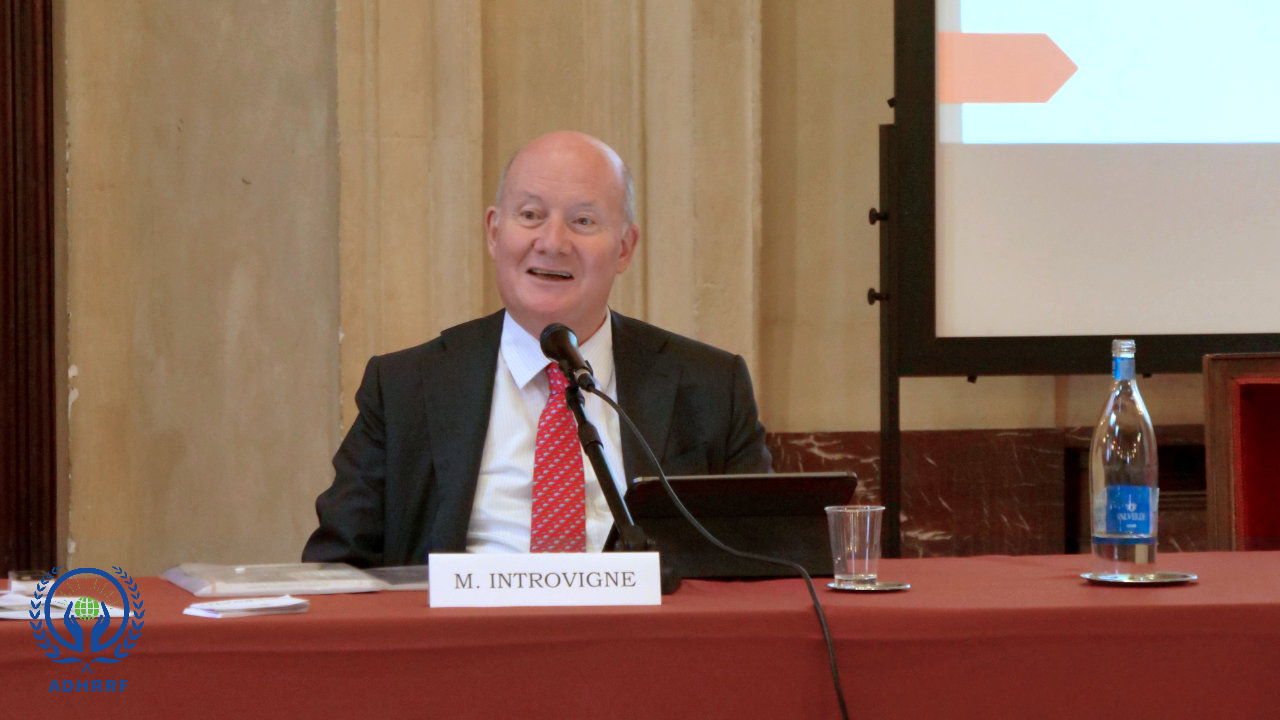
As to the concern why the members of CAG and other banned groups subjected to persecution managed to get passports, Professor Introvigne explained, “[The Chinese surveillance machine] is powerful indeed, but it has bugs those willing to escape may learn to exploit.” He further emphasized, “One should never forget the record figures of corruption in China. Millions of cases of corruption are reported every year. Police officers are corrupted to clean the criminal records of those who had been arrested. They are also corrupted to deliver passports they theoretically should not deliver, and to make it easier to pass controls at the borders.”
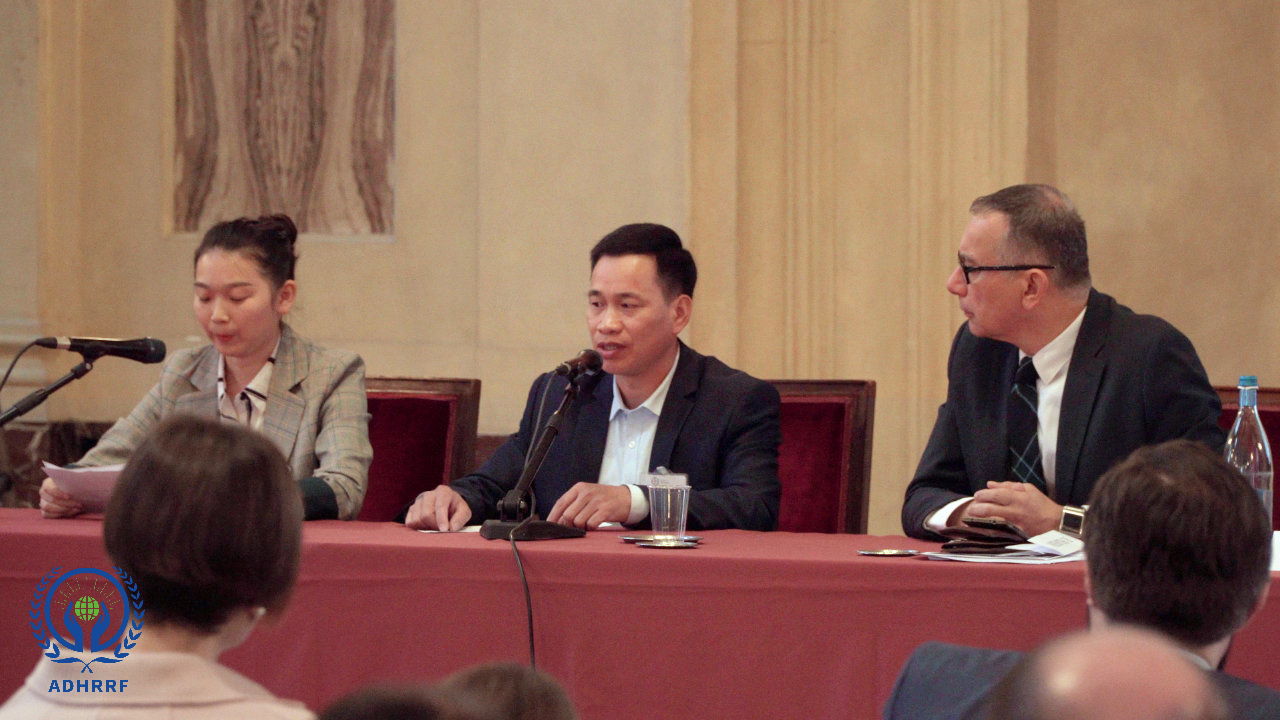
In the conference, CAG Christian Zhiwen shared with attendees how he was persecuted by the CCP and his asylum request was denied in Italy. Because of his faith and attendance of worship meetings, he was frequently threatened, tracked and monitored by the Chinese government. He had to leave his family and live on the run. But still he failed to escape from the CCP’s evil hands. The CCP police colluded with local ruffians to afflict harsh beating on him and later cruelly tortured him to his limits. He told his whole story in his asylum hearing, but the Territorial Commission still rejected his application for the concern over passports and the local court’s dispute over the Article 300 of the Chinese Criminal Code. Another over 100 Christians’ asylum applications were also rejected by the courts for different reasons. Therefore, they cannot renew their residence permit and are in imminent danger of deportation. He called on the Italian government to make fair decision on Chinese Christians’ asylum application according to the Refugee Law and grant CAG Christians refugee status.
Concerning some democratic countries’ dispute over Article 300 of China’s Criminal Code, Professor Introvigne said in his interview that because of the false information provided by the Chinese embassies, the courts in the West have disputes over Article 300. A research on the legislative history and changes of Article 300 he recently conducted with relevant experts and professors shows that some Western courts would cite its old version and regard Christians as criminals, and thus rejected their asylum request. But a study of 200 CAG Christians’ court decisions made in 2018 and 2019 demonstrates that being active in this group, like attending worship meetings, preaching the gospel, safeguarding and handing out church books, and participating in the shooting, production and circulation of church videos, is regarded as a crime by the CCP and can be sentenced to years in prison in China. Moreover, Article 300 covers a wide range of groups both labeled and unlabeled as xie jiao by the CCP.
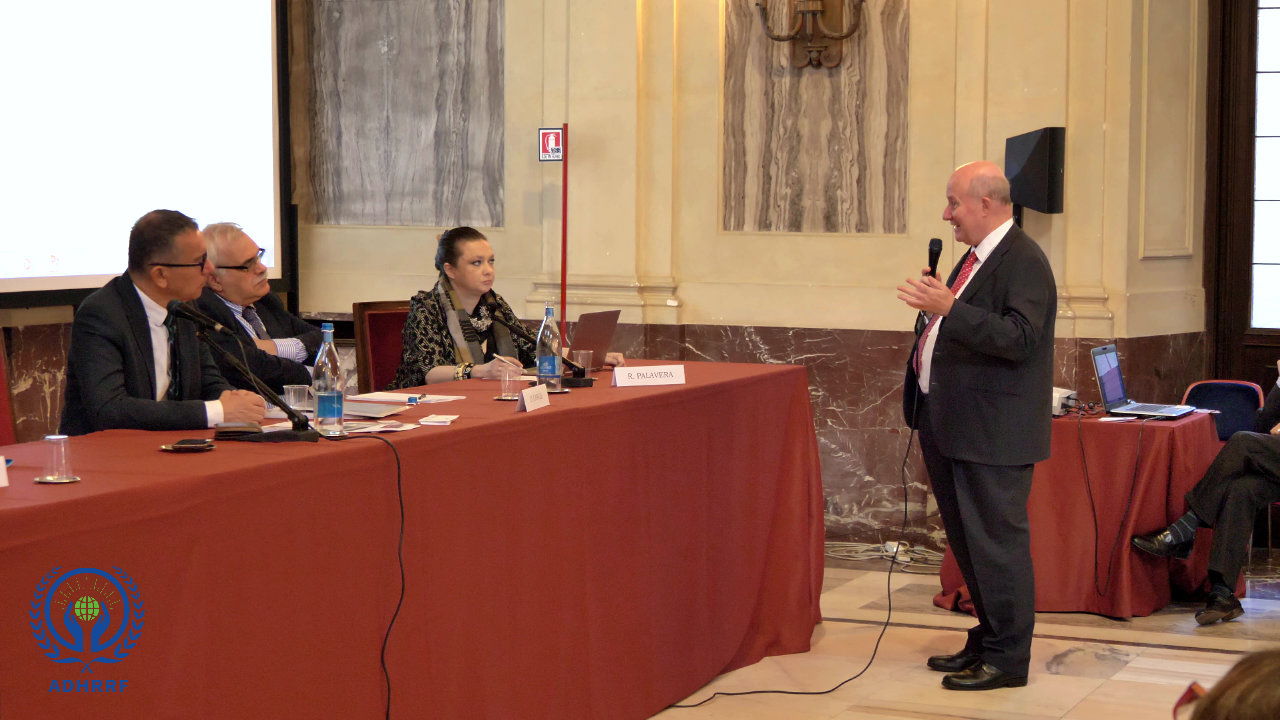
Professor Introvigne advised local commissions in Italy to implement the government’s three positive measures taken to help CAG Christians get asylum, stay up to date with the latest documents about the Church, and explain to the court the real situation of the CAG and the actual dangers the Church members face.
On that day, over one hundred people including scholars, judges, lawyers, and refugees attended the conference, which provided a good platform for Italian officials and legal personnel to know the religious persecution in China and find solutions to the problems Chinese refugees are facing during their asylum applications.












